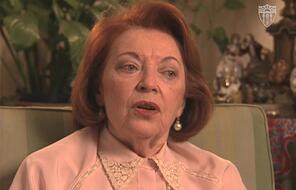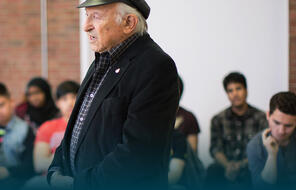Resource Library
Find compelling classroom resources, learn new teaching methods, meet standards, and make a difference in the lives of your students.
We are grateful to The Hammer Family Foundation for supporting the development of our on-demand learning and teaching resources.

Introducing Our US History Curriculum Collection
Draw from this flexible curriculum collection as you plan any middle or high school US history course. Featuring units, C3-style inquiries, and case studies, the collection will help you explore themes of democracy and freedom with your students throughout the year.
3286 Results
Teaching the Nanjing Atrocities
Lead students through a study of the Nanjing atrocities, beginning with an examination of imperialism in East Asia and ending with reflection on justice in the aftermath of mass violence.
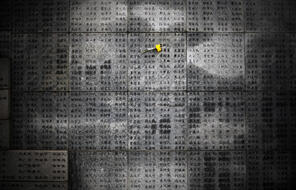
Teaching the Holocaust and Armenian Genocide: For California Educators
Designed for California 10th grade world history courses, this unit guides students through a study of the Holocaust and the Armenian Genocide that focuses on choices and human behavior.

Teaching Who Will Write Our History
Invite students to reflect on why it matters who tells our stories as they view a documentary film about the profound courage and resistance of the Oyneg Shabes in the Warsaw ghetto.

For Educators in Jewish Settings: Teaching Holocaust and Human Behavior
Developed specifically for educators in Jewish settings, these lessons lead middle and high school students through an examination of the Holocaust from a historical perspective and consider what this particular history has to do with what it means to be Jewish.
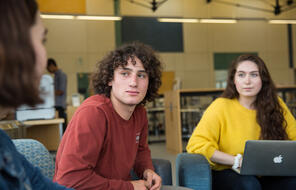
Facing Ferguson: News Literacy in a Digital Age
Help students become informed and effective civic participants in today's digital landscape. This unit is designed to develop students' critical thinking, news literacy, civic engagement, and social-emotional skills and competencies.

The Reconstruction Era 3-Week Unit
Teach a 3-week study of the Reconstruction era guided by the essential question "What can we learn from the history of Reconstruction as we work to strengthen democracy today?"
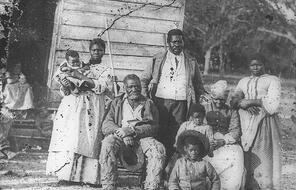
Teaching Holocaust and Human Behaviour (UK)
Lead your students through a detailed and challenging study of the Holocaust that asks what this history can teach us about the power and impact of choices.

Universal Declaration of Human Rights
Use this unit to help students gain context on the drafting of the Universal Declaration of Human Rights, the role of Eleanor Roosevelt in its creation, and the legacies of this document today.
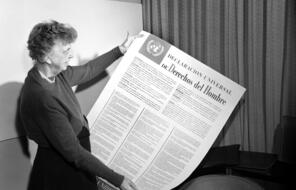
Choices in Little Rock
Get resources for teaching a unit on the efforts to desegregate Central High School in Little Rock, explored through the lens of civic choices.
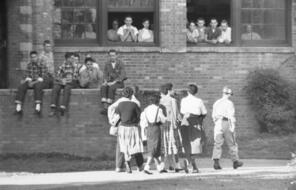
What Makes Democracy Work?
Explore this collection of lesson plans that cover a wide range of themes related to democracy, including citizen power and civic participation, the rule of law, the role of a free press, and more.
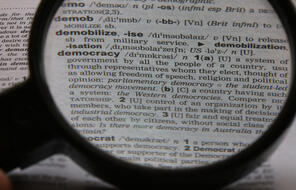
Teaching with Testimony
Engage students in personal accounts from survivors with this collection of video testimony, survivor profiles, and a lesson plan.
